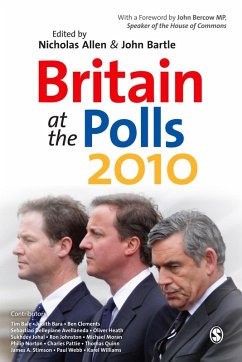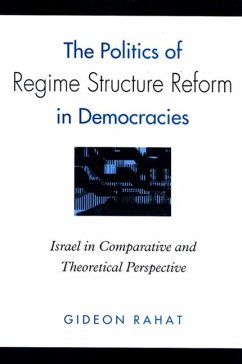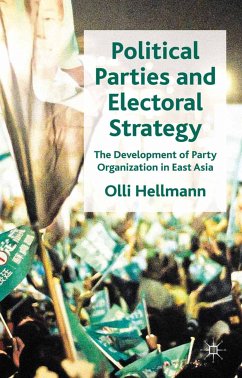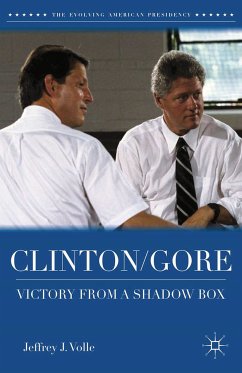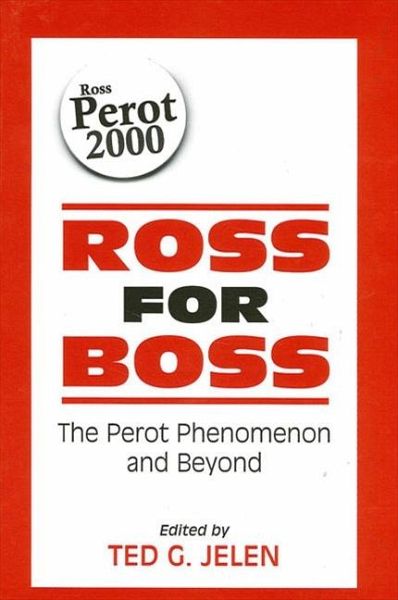
Ross for Boss (eBook, PDF)
The Perot Phenomenon and Beyond
Redaktion: Jelen, Ted G.

PAYBACK Punkte
13 °P sammeln!
Ross for Boss provides insights into the sources, continuity, and enduring importance of Ross Perot's presidential candidacies in 1992 and 1996 as a member of the Reform Party, and evaluates the impact of the Perot phenomenon on the future of both public policy and the U.S. party system. Using theoretical and historical literature on third parties and independent candidates, the contributors identify the sources of Perot's support and opposition among political activists and the mass public. Perot's supporters are understood as "zealots of the center" who resist partisan and ideological polari...
Ross for Boss provides insights into the sources, continuity, and enduring importance of Ross Perot's presidential candidacies in 1992 and 1996 as a member of the Reform Party, and evaluates the impact of the Perot phenomenon on the future of both public policy and the U.S. party system. Using theoretical and historical literature on third parties and independent candidates, the contributors identify the sources of Perot's support and opposition among political activists and the mass public. Perot's supporters are understood as "zealots of the center" who resist partisan and ideological polarization. Perot himself, the authors suggest, was a master showman, able to use classical theatrical forms to establish himself as an improbable, yet inevitable, leader of a mass movement. His support came from people whose economic interests were directly threatened by increases in the global scope of the U.S. economy, and-like other third party candidates of the twentieth century-from those without formal religious affiliations. Comparisons of the 1992 and 1996 campaigns show that the decline in support for Perot was, for the most part, uniform across geographic regions and demographic groups.
Dieser Download kann aus rechtlichen Gründen nur mit Rechnungsadresse in A, D ausgeliefert werden.







